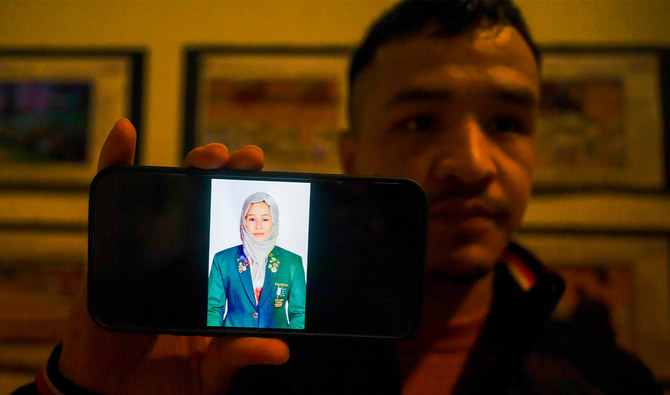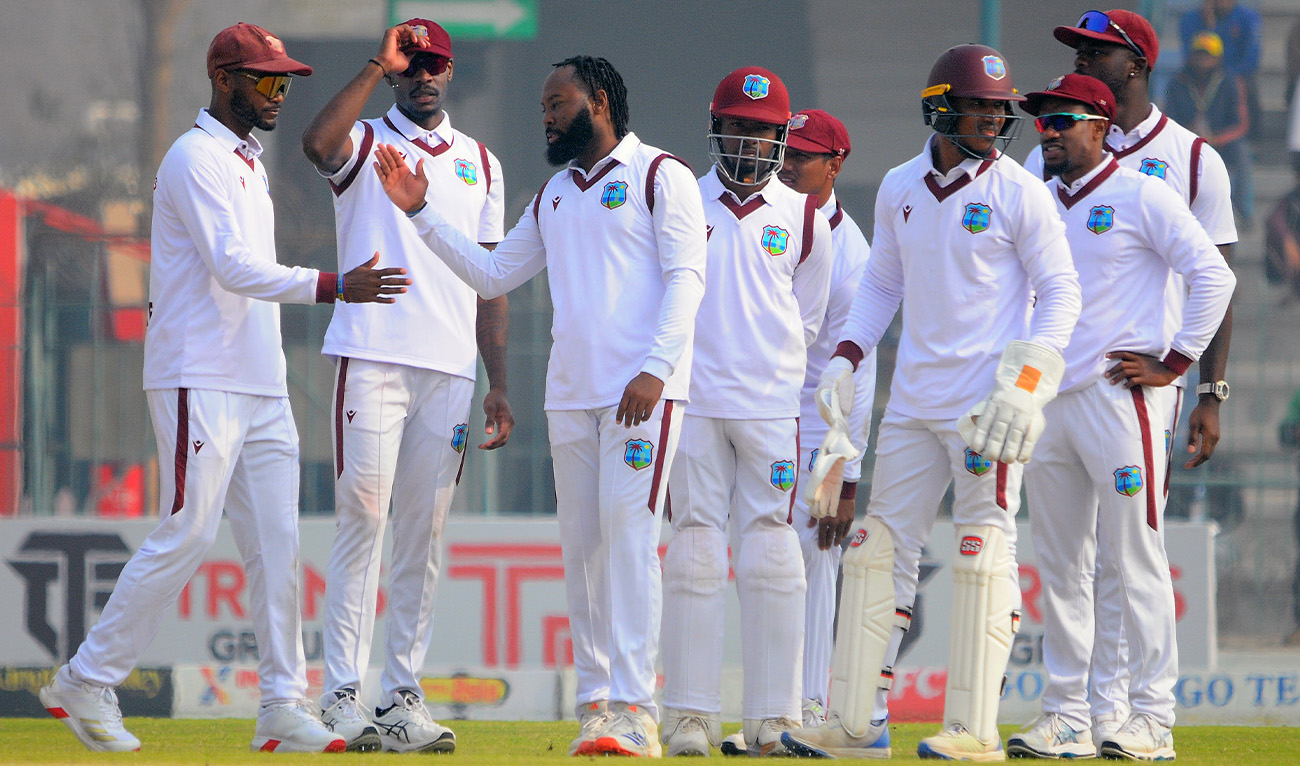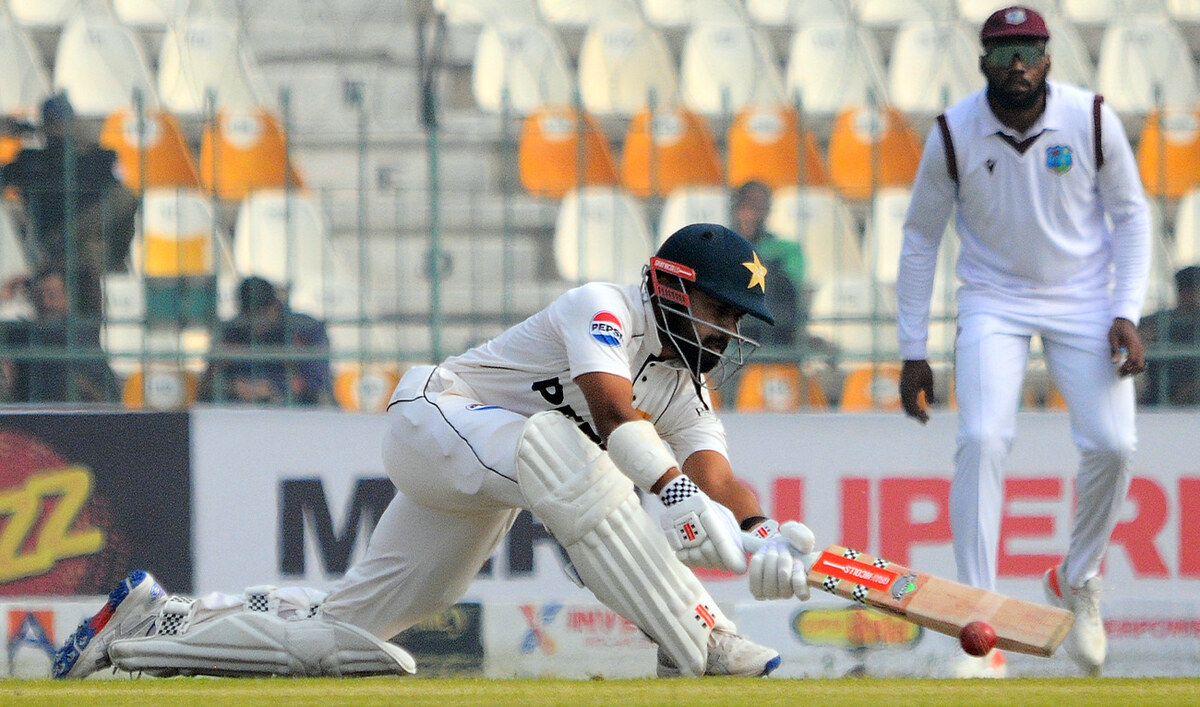CROTONE, Italy: Survivors and family members of victims of a tragic shipwreck a year ago that killed 94 migrants, including 35 minors, just a few meters off Italy’s southern coast, returned for three days of commemorations ending Monday, calling for truth and justice.
A torchlight vigil, a photo exhibition and a protest march were among events at the nearby town of Crotone organized by a group of activists named Network Feb. 26 after the date of the tragedy. Most of the dead hailed from countries in the Middle East or South Asia.
“One year after the carnage, their right to the truth, to justice and to be reunited with their families has not been guaranteed yet,” the group wrote on its Facebook page.
On Feb. 26 last year, a wooden boat departed from Turkiye carrying about 200 migrants and sank just a few meters (yards) off the coast of southern Calabria while trying to land on the seaside resort beach of Steccato di Cutro.
Network Feb. 26 includes over 400 associations that have repeatedly asked the Italian government to seek the truth about one of the deadliest migrant shipwrecks in the Mediterranean.
The group has denounced repeated policy failures and alleged violations of human rights by Italian and EU authorities, seen as the main cause behind the long string of deaths of migrants who face risky trips to reach European coasts in their search for a better life.
Activists have also complained that some of the relatives and survivors were denied the right to return to Crotone for the anniversary of the shipwreck, due to difficulties in obtaining proper documents.
“When we met (Italian Premier Giorgia Meloni ) in Rome after the tragedy, (she) promised that her staff would (work) to reunite us and our families, but that has never happened,” said Haroon Mohammadi, 24, a survivor from Herat, Afghanistan, who lost some of his friends in the shipwreck.
Mohammadi now lives in Hamburg, Germany, where he has obtained a one-year residence permit, and hopes to continue to study economics at a university there.
“It’s very difficult for me to be back here, but I came to honor friends and relatives we’ve lost. … We became like a family following that day,” he told The Associated Press.
Many of the dead and survivors had fled Afghanistan, Iran, Pakistan and Syria, hoping to join family members in Italy and other Western European countries.
After the shipwreck, the right-wing government of Meloni approved a decree establishing a new crime — people smuggling that causes the death of migrants — punishable by up to 30 years in prison, and pledged to further toughen its battle against illegal immigration.
On Sunday, hundreds of people, including a group of about 50 survivors and relatives of the victims, marched in Crotone despite heavy rain with a banner asking to “stop deaths at sea.” Demonstrators also stopped to pay homage in front of PalaMilone, a sports complex that hosted the victims’ caskets.
On Saturday, Crotone’s Pitagora Museum inaugurated a photo exhibit titled “Dreams Cross the Sea,” featuring 94 photographs, one for each of the victims.
UNANSWERED QUESTIONS
In the early hours of Feb. 26, the boat named Summer Love sank just a few meters (yards) from the coast of the southern Calabria region, while trying to land on the nearby beach. Authorities say the shipwreck resulted in the deaths of at least 94 of the 200 on board. Eighty passengers survived and about 10 were considered missing. Dozens of young children were onboard and almost none survived.
The shocking accident raised several questions over how EU border agency Frontex and the Italian coast guard responded to it.
Six days after the tragedy, Meloni told journalists that “no emergency communication from Frontex reached Italian authorities,” who she said were not warned that the vessel was in danger of sinking.
However, a Frontex incident report later indicated that Italian authorities told the EU agency at the time of the sighting that the case was not considered an emergency.
The Cutro shipwreck soon became a stark illustration of the fatal dangers faced by migrants as they try to reach European coasts on overcrowded and fragile boats, after paying smugglers for costly trips.
A total of 2,571 migrants died at sea in 2023, according to figures from the International Organization for Migration. Nearly 100 people have been reported missing or dead in the Mediterranean since the beginning of 2024, more than double the toll recorded last year during the same period, the IOM said.
RAGE AND HOPE
Over the past year, Cutro survivors and relatives of the victims have voiced their rage, stressing that the tragedy could have been avoided if authorities reacted earlier to the migrants’ desperate calls for help.
Their testimonies on the tragedy have challenged both the Italian government and the international community to find new solutions to the migration crisis.
Meanwhile, the local community, which offered burial niches for some of the victims, expressed a deep solidarity and commitment to helping survivors and honoring the lost.
“My name is Mojtaba. I was born on Feb. 26, 2023. I feel I’m 1 year old today,” said survivor Mojtaba Rezapour Moghaddam, a 47-year-old Iranian who is building a new life in Crotone with the help of locals and aid groups.
Moghaddam fears the smugglers on board the Summer Love — after being arrested and sentenced — will be able go to back to Turkiye and restart their illegal trafficking activities.
His almost-deadly trip to Italy costed him about 9,000 euros, but he recalled that others on the boat had paid even more.
TRIALS PENDING
Earlier in February, a Crotone magistrate sentenced Gun Ufuk, a 29-year-old Turkish citizen accused of being one of the people smugglers on the vessel, to 20 years in prison and a 3 million euro fine. Ufuk was arrested in March last year after being identified in Austria, to where he had managed to escape.
Ufuk chose a fast-track trial, while the other three alleged smugglers who survived the shipwreck are undergoing ordinary procedures, which may last several months, if not years.
Their trial was recently adjourned to April 10 to enable testimony from three survivors who are in Hamburg and will testify via videoconference.
Meanwhile, a second investigation launched by prosecutors in Crotone into alleged delays in the rescue operations is expected to wrap up in a month’s time. That probe involves three police officers from the Italian tax and border police and an additional three people whose identities are unknown.



















